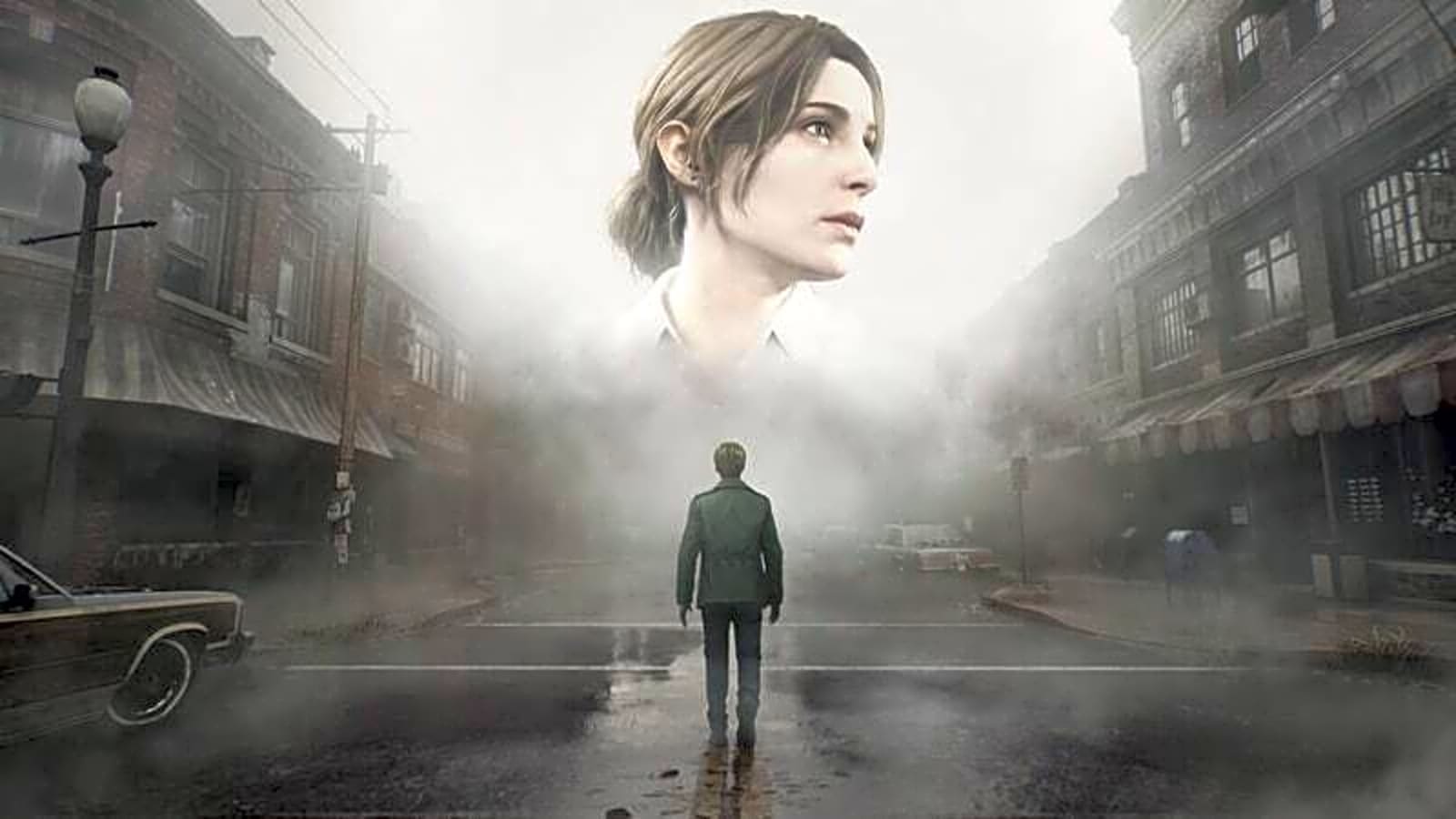
The best survival horror games understand that true fear comes from vulnerability, not invincibility. The essence of a survival horror game lies in its cruel yet simple formula: limited resources equal overwhelming dread. When you’re down to your last bullet and something is definitely breathing down your neck, that’s when your mind muddies the video-game barrier in your mind subconsciously. It ignites your fight-or-flight response as if you were the one being chased. So, here are the top 10 best games that light up that natural human instinct.
1. Silent Hill 2 (2001 and 2024)
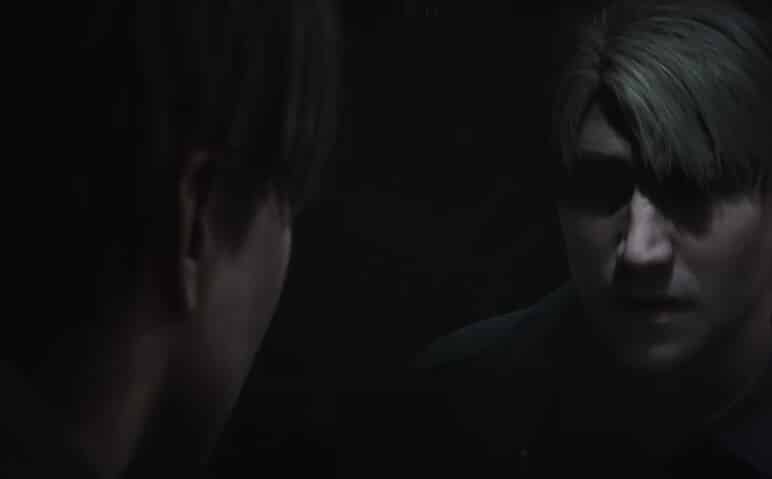
Because, of course, Konami’s masterpiece franchise survival horror starter had to be at the top. Silent Hill 2 is the deeply unsettling A24 psychological thriller that haunts your dreams for weeks. Both the original and remake versions of the game aren’t about jump scares; they’re a slow, agonizing descent into one man’s personal underworld. You play as James Sunderland, drawn to the fog-drenched town of Silent Hill by a letter from his dead wife. What follows is a profoundly disturbing exploration of grief, guilt, and trauma, personified by some of the most iconic and messed-up monsters in gaming history (hello, Pyramid Head). It’s an emotional gut punch that proves horror can be as smart as it is scary.
2. Outlast (2013)
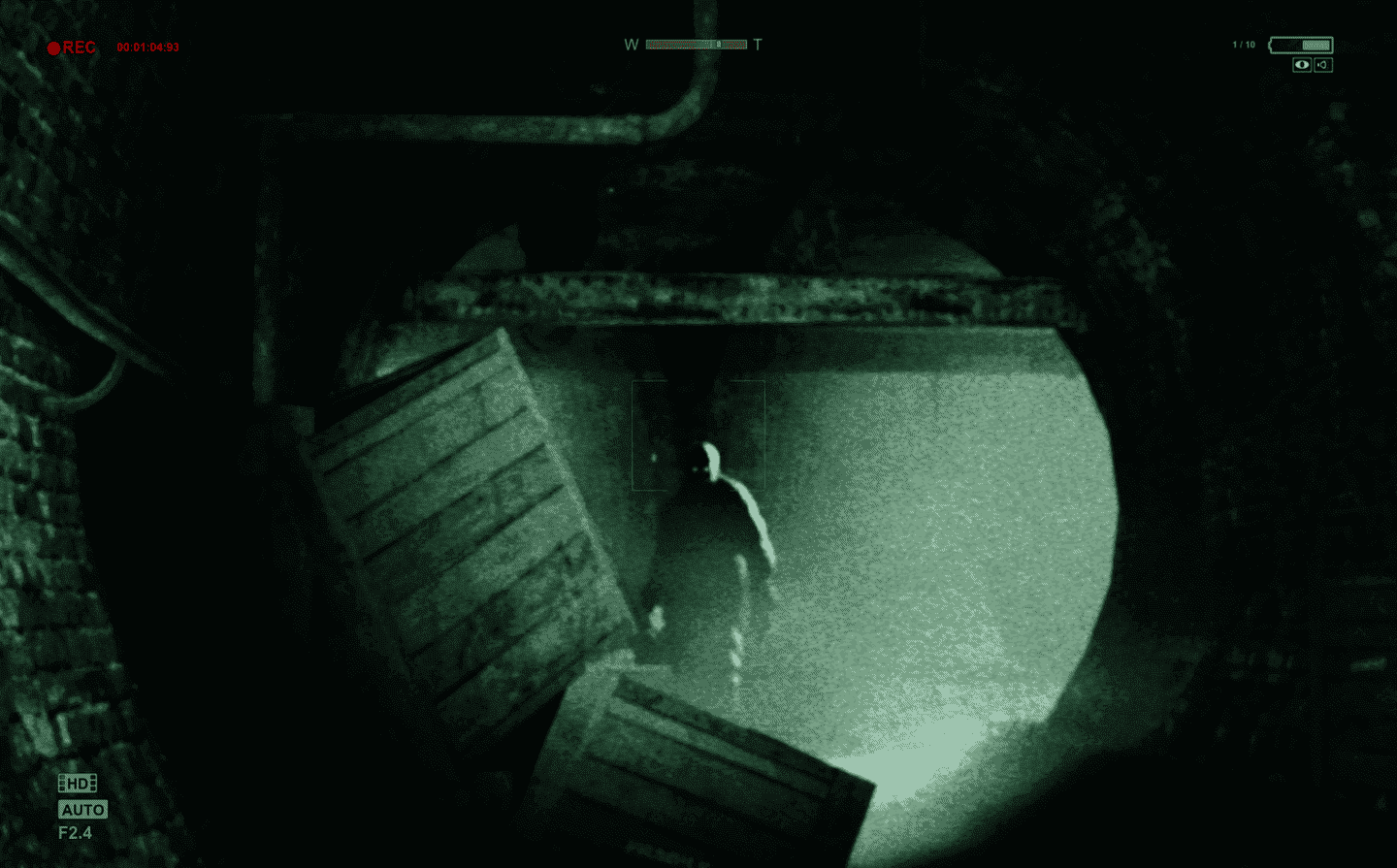
Taking the “found footage” genre and turning it into an interactive nightmare, Outlast is pure, unfiltered survival adrenaline. You’re an investigative journalist who breaks into a derelict asylum, armed with nothing but a video camera with a night vision mode that eats batteries like they’re free. The game turns your vision into a resource, forcing you to plunge into darkness to conserve power while terrifying inmates hunt you down. It’s a relentless and genuinely horrifying experience. And don’t even think you can pick up something to protect yourself because this game wants to make you feel helpless.
3. Dead Space (2008)

Take the claustrophobia of Alien and the body horror of The Thing, and you get Dead Space. As engineer Isaac Clarke, you’re trapped on a mining ship where the crew has been transformed into grotesque monsters called Necromorphs. To make sure they don’t get up again, you have to dismember them into bits and pieces. The sound design is impeccable, with the groans and scuttling of creatures echoing through the ship’s metal halls. It’s a sci-fi horror triumph that delivers the unease of being stranded with hostile creatures groaning for the hunt while your screams are muffled by space.
4. Resident Evil 4 (2005 and 2019 Remake)

Before its glow-up remake, there was the 2005 original, and honey, it was a moment. Resident Evil 4 didn’t just walk; it strutted onto the scene and completely redefined what an action-survival-horror game could be. Playing as Leon Kennedy, who apparently moonlights as a super-spy when he’s not dealing with zombies, you’re sent to a creepy European village to find the president’s daughter. It sounds like a bad action movie plot, but it’s a masterclass in tension. The game ditched the clunky controls of its predecessors for a slick, over-the-shoulder perspective that made you feel both powerful and horrifyingly vulnerable. It’s a classic for a reason, but don’t think the remake is anything less either.
5. Alien: Isolation (2014)
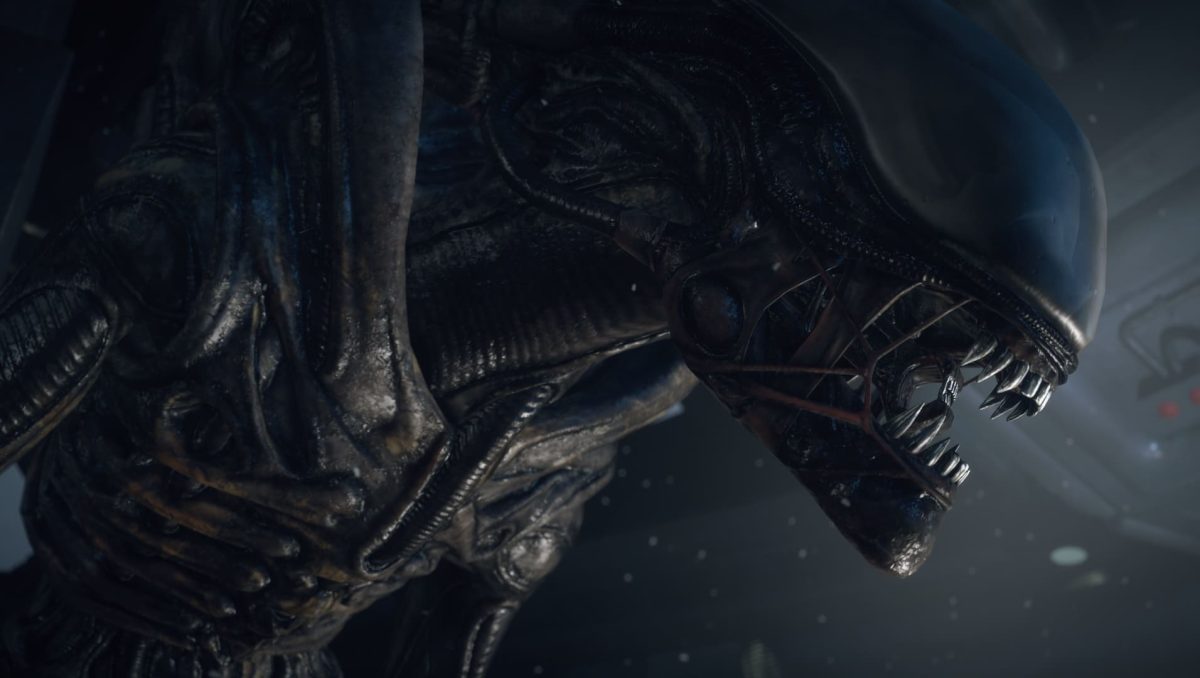
Most games based on movies are, to put it politely, trash. Alien: Isolation is the glorious exception. It perfectly captures the terrifying essence of the original 1979 survival horror film by putting you in a space station with a single, unkillable Xenomorph. You’re not a gun-toting hero; you’re just Amanda Ripley, trying to survive. The AI is genius—the alien learns your hiding spots and adapts its hunting patterns. Every creak of a vent, every blip of the motion tracker, is a source of pure panic. This is hide-and-seek with the universe’s most perfect predator, and it’s absolutely nerve-shredding.
6. Amnesia: The Dark Descent (2010)
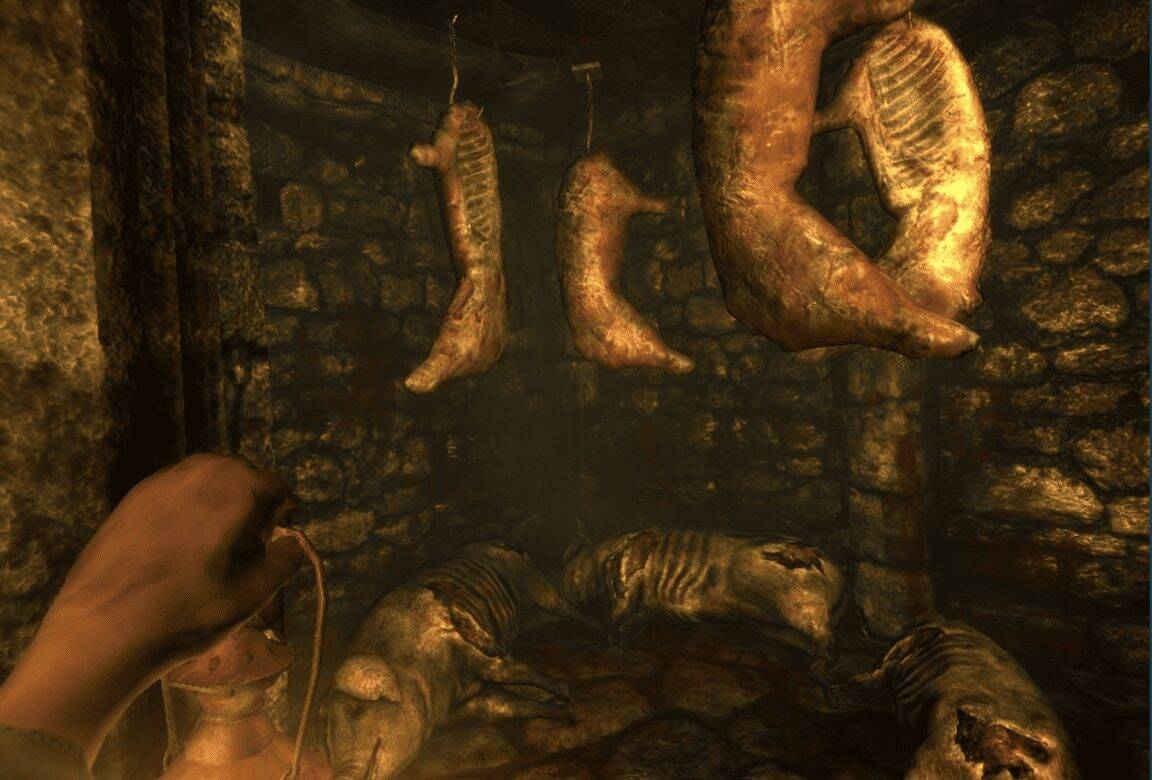
This is the game that basically launched the careers of a thousand screaming YouTubers, and for good reason. Amnesia: The Dark Descent stripped players of their last line of defense: the ability to fight back. You wake up in a spooky castle with no memory and find a note you wrote to yourself telling you to murder the baron. Your only options are to run, hide, and manage your sanity as you’re stalked by creatures you can barely look at without losing your mind. It’s a masterclass in powerlessness when you’re alone in the dark.
7. Resident Evil 7: Biohazard (2017)

Let’s be real, the Resident Evil series had lost its way at his point in time. It was all action, explosions, and suplexing zombies. Then came RE7, a grimy, first-person descent into a twisted family dinner party inspired by The Texas Chainsaw Massacre. It brought the series back to its survival horror roots, reminding us what it feels like to be scared, isolated, and low on ammo. The Baker family is one of the most memorable villains in gaming history, and exploring their disgusting, dilapidated home is an experience that will stick with you long after you’re done. RE7 was the comeback queen the genre desperately needed (hopefully with a complementary barf bag).
8. Alan Wake 2 (2023)
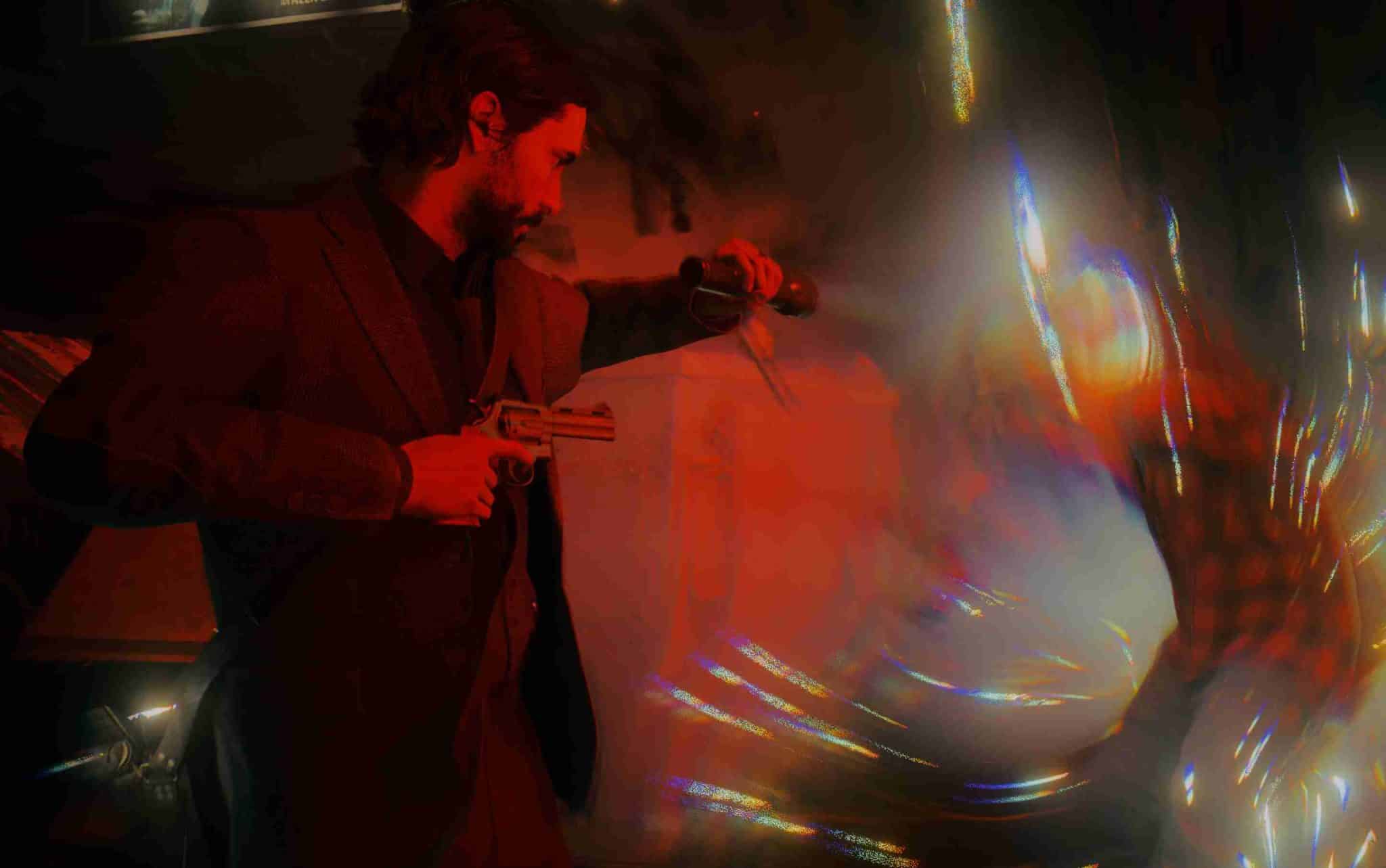
If David Lynch made a video game, it would be Alan Wake 2. This isn’t just a game; it’s a full-blown psychological trip. Splitting the narrative between the titular writer and an FBI agent, it masterfully blends genres. One minute you’re blasting shadowy figures in a nightmarish New York, the next you’re a detective solving ritualistic murders like something out of True Detective. The game makes light of a weapon, a resource, and a symbol of hope. It’s weird, it’s stylish, and it’s deeply unsettling. It’s a mesh of survival horror surrealism that achieves an unforgettable rock opera of dread.
9. Eternal Darkness: Sanity’s Requiem (2002)

This game was ahead of its time for survival horror. A GameCube exclusive, Eternal Darkness wasn’t content with just scaring your character; it wanted to scare you. As your character’s sanity drops, the game starts messing with you directly. The screen might flash a “controller disconnected” error, the volume might suddenly turn down, or you’ll walk into a room to find your character’s head has fallen off. It’s a brilliant, fourth-wall-breaking psychological trip that no other game has quite replicated.
10. Clock Tower (1995)
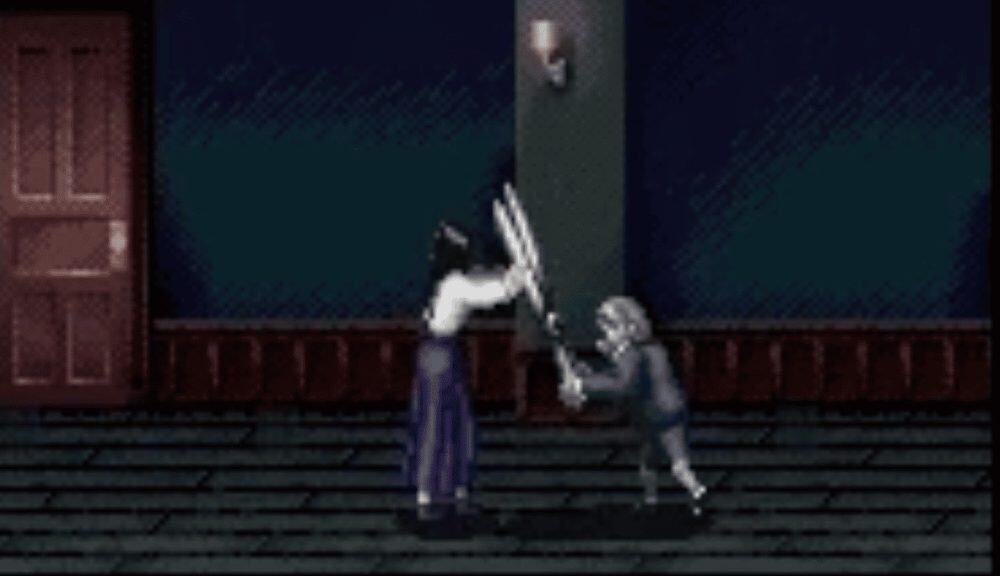
Before Nemesis was rampaging through Raccoon City, Scissorman was stalking our game developers’ minds. Clock Tower, a 16-bit wonder that Japan tried to keep to itself, is basically the blueprint for the stalker sub-genre. You play as Jennifer, a teenage orphan in a sprawling mansion, which is pretty much the starter pack for survival horror. But instead of fighting back, your only option is to run and hide from a creepy, shears-wielding maniac. It’s a point-and-click game that oozes atmosphere. Without Clock Tower, we wouldn’t have the heart-pounding terror of being hunted by Mr. X or the Xenomorph. So, let’s give this retro gem the respect it deserves for giving us all collective anxiety.
Final Thoughts: Survival Horror is Your Fear
Survival horror picks at the oldest human instincts of fearing an unwanted demise and the will to fight to live another day. It is an achievement in itself for a game to be able to project that human feeling from a simulated digital world. You know you aren’t in any real danger, but when you slide into your character’s shoes, your brain forms a link between you both as you immerse yourself in the game. As you possess your character, that fear possesses you, making you react as if you were fighting to survive. It’s pretty cool to experience that dread in multiple fantasies, from the cold reaches of Space to the quiet cellar in the basement.
More must-reads:
- Phillies' Bryce Harper has an obvious suitor if he were to be traded
- Lamar Jackson news gives reeling Ravens hope amid potential lost season
- The 'MLB playoff RBI leaders' quiz
Breaking News
Trending News
Customize Your Newsletter
 +
+
Get the latest news and rumors, customized to your favorite sports and teams. Emailed daily. Always free!








